Filter by
The language used throughout the course, in both instruction and assessments.
147 results for "biotechnology"
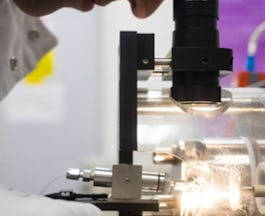 Status: Free
Status: FreeUniversity of Manchester
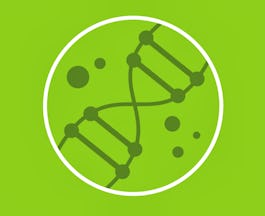 Status: Free
Status: FreeUniversity of California San Diego
 Status: Free
Status: FreeAmerican Museum of Natural History
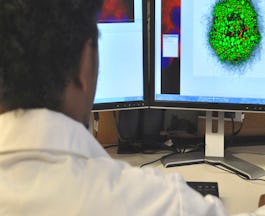
Icahn School of Medicine at Mount Sinai
Skills you'll gain: Bioinformatics, Probability & Statistics, Mathematics, Differential Equations, Network Analysis, Graph Theory, Matlab
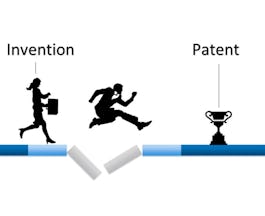 Status: Free
Status: FreeTechnical University of Denmark (DTU)

University of California San Diego
Skills you'll gain: Strategy, Marketing
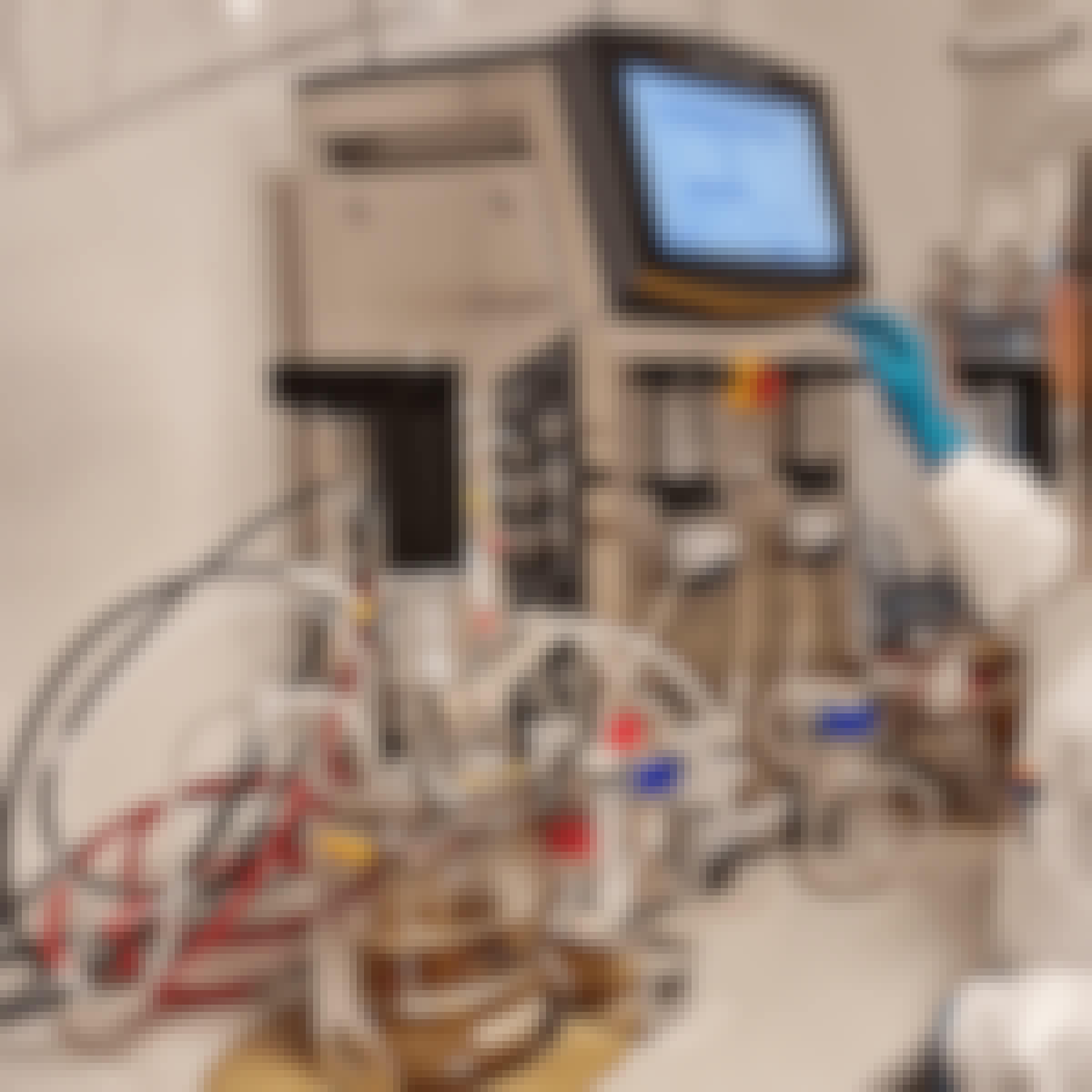 Status: Free
Status: FreeTechnical University of Denmark (DTU)
Skills you'll gain: Experiment
 Status: Free
Status: FreeStanford University

University of Illinois at Urbana-Champaign
 Status: Free
Status: FreePeking University
Skills you'll gain: Bioinformatics

University of California San Diego
 Status: Free
Status: FreeAmerican Museum of Natural History
In summary, here are 10 of our most popular biotechnology courses
- Industrial Biotechnology: University of Manchester
- Algae Biotechnology: University of California San Diego
- The Science of Stem Cells: American Museum of Natural History
- Systems Biology and Biotechnology: Icahn School of Medicine at Mount Sinai
- Patenting in Biotechnology: Technical University of Denmark (DTU)
- Drug Development Product Management: University of California San Diego
- Introduction to Industrial Bioprocess Development: Technical University of Denmark (DTU)
- RNA Biology with Eterna: Stanford University
- Genomics: Decoding the Universal Language of Life: University of Illinois at Urbana-Champaign
- Bioinformatics: Introduction and Methods 生物信息学: 导论与方法: Peking University










